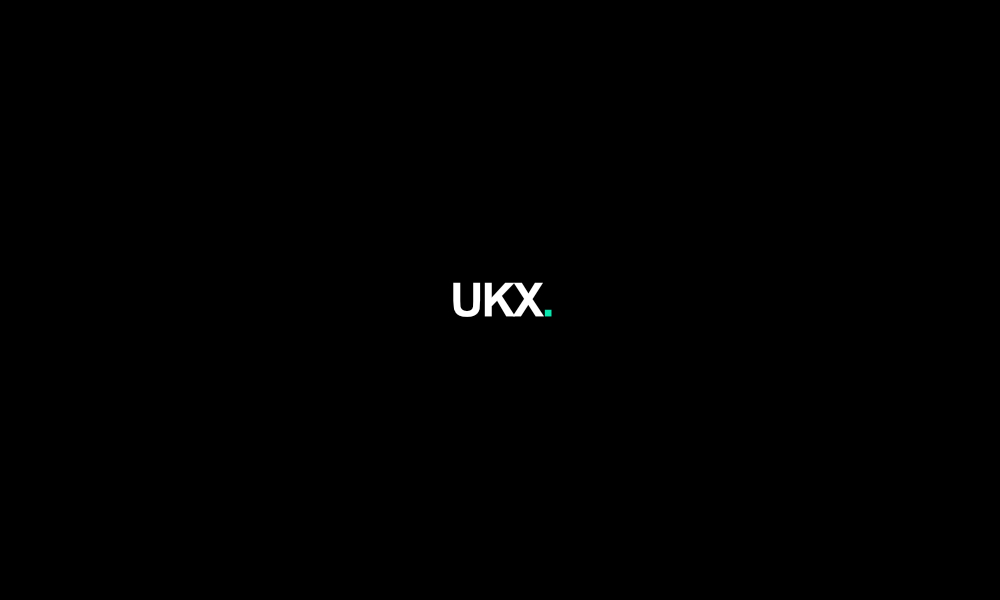London equities opened the week higher after the US and EU reached a surprise trade agreement, and optimism grew around a possible tariff truce with China.
The FTSE 100 rose 0.3% to 9,143.77 in early trade, while the FTSE 250 gained 0.5% to 22,229.05, and the AIM All-Share added 0.4% to 779.59.
Across the Channel, the CAC 40 in Paris advanced 1.0% and Frankfurt’s DAX 40 rose 0.8%, tracking the upbeat global mood.
The US and EU clinched a last-minute deal on Sunday to avoid a spiralling tariff war. Meeting at his golf resort in Scotland, President Donald Trump and European Commission President Ursula von der Leyen agreed on a 15% baseline tariff on EU goods, preventing a threatened jump to 30%.
Trump hailed it as “probably the biggest deal ever reached in any capacity,” saying it includes $750 billion in energy purchases from the US and $600 billion in new EU investments. Key sectors like cars, pharmaceuticals, and semiconductors are covered under the fixed 15% rate.
The deal removes one major cloud over markets as focus now turns to US-China trade talks. Negotiations begin Monday in Stockholm, with officials aiming to extend reduced tariff rates. Without a breakthrough, dozens of countries including Brazil and India could see levies spike to 50% by Friday, August 1, from a current 10%.
In the equity markets, GSK climbed 1.4% after signing a potential $12 billion deal with China’s Hengrui Pharma to develop 12 new drugs. GSK gains global rights (excluding China, Hong Kong, Macau and Taiwan) to a promising PDE3/4 inhibitor for treating chronic obstructive pulmonary disease (COPD).
The drug, HRS-9821, is currently in clinical trials. GSK will pay $500 million upfront, with the rest linked to milestones. The company said the deal offers long-term growth opportunities beyond 2031.
Drax rose 1.2% after Citigroup upgraded the stock to neutral from sell.
STV crashed over 20% after warning that annual revenue and profit will fall “materially below consensus.” The broadcaster blamed a worsening slump in commissioning and advertising, projecting 2025 revenue of £165–180 million, down from £188 million last year.
The company said market conditions deteriorated at the end of H1 and into the second half, compounding pressure on its earnings outlook.
